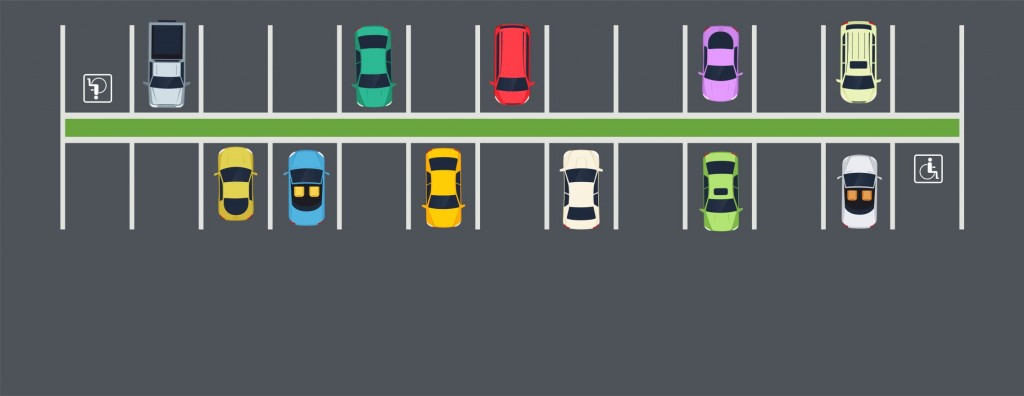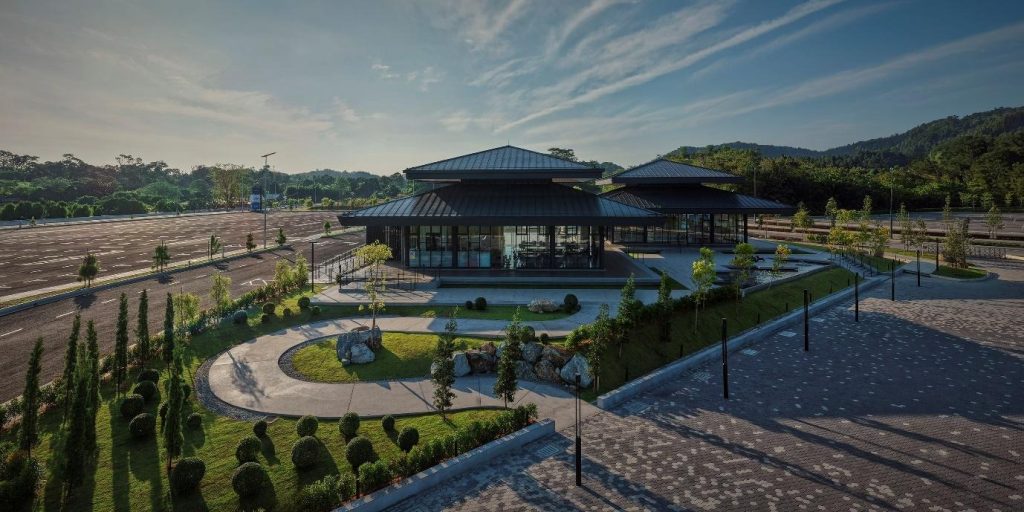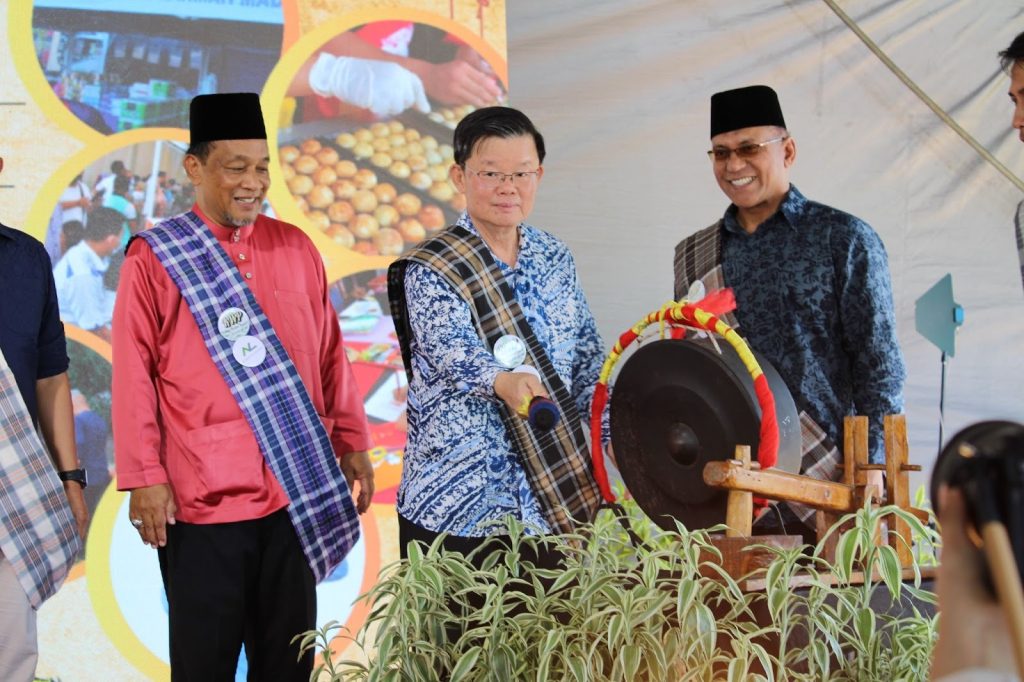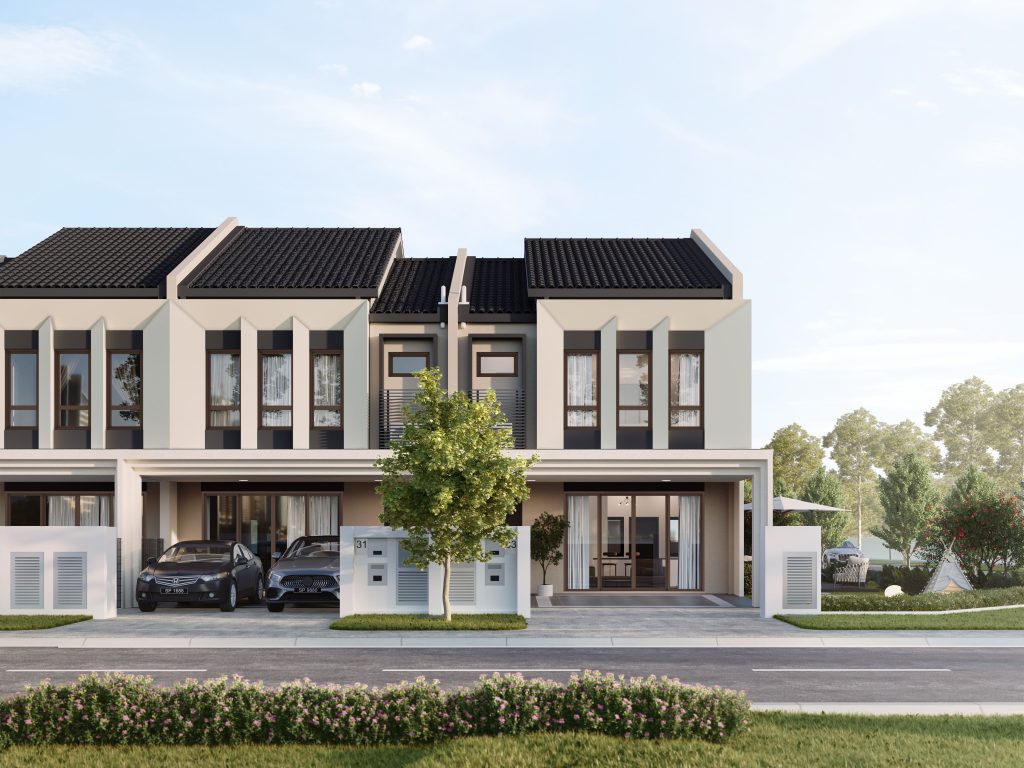Contributed by Lai Chee Hoe
Much has been talked about the Court of Appeal’s recent decision on the Muhamad Nazri Muhamad v JMB Menara Rajawali & Anor [2019] case (“Rajawali’s case”). After the decision is delivered, I saw mixed reactions among the many articles and press conference held by different stakeholders.
Some even resorted to filing a claim in the Tribunal (borrowing the principle that a JMB cannot apply different rates) not knowing the actual facts and legal argument raised in the case.
To help set the record straight, I have managed to extract all cause papers and the record of appeal at the courtesy of https://www.lexscout.com/. This article will be written based on the actual facts narrated in the Affidavits and points of law raised in the submission of both counsels.
Facts
Menara Rajawali consists of various components:
- Residential;
- Retail shop; and
- Car park parcel.
Share units were assigned to all parcels within the development area. I am not sure whether share units were assigned by virtue of Section 8 Strata Management Act 2013 (although in paragraph 15 of the Affidavit affirmed by Tiong Boon Keong on March 9, 2018, Section 8 Strata Management Act 2013 was referred to) - “Saya dinasihatkan oleh peguamcara Responden Kedua bahawa Seksyen 8(3) Akta Pengurusan Strata 2013 memperuntukkan kadar yang berbeza untuk pemunya tempat letak kereta”.
The different rates introduced were not made through an AGM (annual general meeting) convened on June 25, 2016 (but through the Joint Management Committee (JMC).
JMC powers
The JMC derived its powers from a mandate approved in the AGM. The actual resolution approved in the AGM was that the JMC is mandated to fix Charges:
- Not exceeding RM3.26 per share unit to the residential units and retail shop units; and
- Not exceeding RM1.68 per share unit to the car park parcel.
The JMC then drew up an annual budget and the expenditures. By virtue of the mandate given, the JMC fixed the rate of charges at:
- RM2.80 per share unit for the residential and retail shop parcels; and
- RM1.68 per share unit for the car park parcels.
The car park parcel owner is Denflow Sdn Bhd, which is also the 2nd Respondent (2nd Defendant in the original suit in the High Court).
The shareholders of Denflow Sdn Bhd are Tiong Boon Keong, Yap Eng Yeow and Lee Chun Yew. All of them are also elected members of the Joint Management Committee. (The Affidavits do not state which parcel ticket were they elected from).
No challenges were made as to the eligibility of all three shareholders being elected in the JMC.
High Court’s decision
The suit originated in the High Court. The findings of the High Court are as follows:
- “share units” in the Strata Management Act 2013 (“SMA 2013”) can be described as the ‘multipler” whereas the rate payable is the “multiplicand”.
- Sections 25(3) and 21(2) SMA 2013 cannot be read as fettering the ambit of the JMB’s power to determine different rates;
- There is nothing in the SMA which prevents the JMB/JMC to fix different rates, as long as it is approved by the AGM;
- It is for the AGM comprising of owners to decide the rates, uniform or otherwise; and
- It was perfectly valid and legal for a JMB to fix different rates of Charges.
Decision of the Court of Appeal
The Court of Appeal set aside the decision of the High Court. The Court of Appeal decides that:
- There is no provision under SMA 2013 and Strata Titles Act 1985 (STA 1985) which empowers the JMB to fix different rates for different types of parcels;
- JMC has no power to decide on the rates;
- Section 21(1)(b) SMA 2013 which imposes a duty on the JMB to determine and impose Charges is a non-delegable duty;
- The decision to determine and impose Charges must be made by the JMB;
- Power to fix different rates are only expressly conferred on a Management Corporation pursuant to Section 60(3)(b) SMA 2013; and
- There are two specific situations when the Management Corporation can fix different rates:
- When parcels are used for significantly different purposes; or
- When it involves provisional blocks.
What are uniformed rates?
There is no clear definition of uniformed rates in SMA 2013 or STA 1985. In general, in the context of strata management, it refers to a single rate where all parcel owners / proprietors will be paying.
That means if a parcel owner pays RM1.00 per share unit, every other parcel owners pay the similar rate. Like how the High Court Judge in Rajawali put it succinctly, the multiplier = share units and the multiplicand = rates. In other words, both the multiplier and multiplicand are fixed.
The closest provision in reflecting a uniformed rate in the current statutory regime would be Section 12(2) SMA 2013 where it reads: S. 12(2) SMA 2013 - The developer shall pay the charges, and contribution to the sinking fund, in respect of those parcels in the development area which have not been sold, being a sum equivalent to the charges, and contribution to the sinking fund, payable by the purchasers to the developer had the parcels been sold.

The part “being a sum equivalent to the charges … payable by purchasers… had the parcels been sold” suggests that the developer shall pay a sum equivalent to the charges payable by the purchasers.
That essentially means, if the purchasers pay RM1.00 per share unit to the developer, the developer shall similarly pay a rate of RM1.00 per share unit into the maintenance accounts for units which are not sold.
This however deals with units which were not sold and the relationship was tied between the developer and all other purchasers. The rationale is simple, the developer cannot be paying a lesser rate compared to all the other purchasers on the same units which are not sold.
Apart from Section 12(2) SMA 2013 which suggests that the developer must pay the same sum equivalent to the Charges payable by the purchasers, there are no other provisions which dictates that a same rate must be paid by one purchaser.
What are different rates of charges?
Different rates of charges simply mean that although the multiplier (share units) is fixed, the multiplicand (rates) can vary. For example, within a similar development area, the proprietor of a residential component pays RM1.00 per share unit whereas a proprietor of a commercial component pays RM0.80 per share unit.
The only express provision provided in the current statutory regime in allowing different rates of Charges be imposed can be seen in Section 60(3)(b) SMA 2013.
S60(3) SMA 2013 - Subject to section 52, for the purpose of establishing and maintaining the maintenance account, the management corporation may at a general meeting-
(a) [….]; (Please read part (b) below as it is the statement that holds relevance.)
(b) raise the amounts so determined by imposing charges on the proprietors in proportion to the share units or provisional share units of their respective parcels or provisional blocks, and the management corporation may determine different rates of charges to be paid in respect of parcels which are used for significantly different purposes and in respect of the provisional blocks…
Specific situations
Section 60(3)(b) SMA 2013 makes it clear that a Management Corporation is allowed to impose different rates of charges in two specific situations:
- If the parcels are used for significant different purposes; or
- If there is a provisional block.
That means, if the development is a mixed development which comprises different type of parcels and those parcels are used for significantly different purposes, the Management Corporation can convene an AGM to determine different rates for instance:
- RM1.00 per share unit for residential components;
- RM.080 per share unit for commercial components;
- RM0.90 per share unit for office block; and
- RM0.70 per share unit for car park parcels
Pursuant to Section 60(3)(b) SMA 2013, the Court of Appeal is absolutely correct when deciding the Rajawali’s case since:
- The JMB of Menara Rajawali is not entitled to rely on Section 60(3)(b) SMA 2013; and
- The JMC of Menara Rajawali certainly is not empowered to determine different rates on its own accord.
Limiting JMB’s powers
However, the decision of the Court of Appeal does not limit the facts only to that case but appears to cast a net wide enough to limit the powers of all JMB in implementing different rates. This can be seen in paragraph 40 of the grounds of decision.
“The JMB as a body corporate under statute can only determine charges which are mandated under the SMA 2013. It will be ultra vires the SMA 2013 for the JMB and the JMC to fix and impose the different rates which are not sanctioned by statute. Further, the JMB does not have the inherent power nor can it arrogate to itself such power, even if the approval was obtained in a unanimous resolution at the AGM (Malaysia Shipyard & Engineering Sdn Bhd v. Bank Kerjasama Rakyat (M) Bhd, (supra) ).”
_______________________________________________________________________________
About the Contributor
Lai Chee Hoe, founding partner of Chee Hoe & Associates and a practising lawyer, is a CLP book-prize winner and author of the book "Strata Management Practice & Procedure". He specialises in Strata management matters and handles complicated Strata Management disputes.
_______________________________________________________________________________
Disclaimer
This article is intended to convey general information only. It does not constitute advice for your specific needs. This article cannot disclose all of the risks and other factors necessary to evaluate a particular situation.
Any interested party should study each situation carefully. You should seek and obtain independent professional advice for your specific needs and situation.




















































